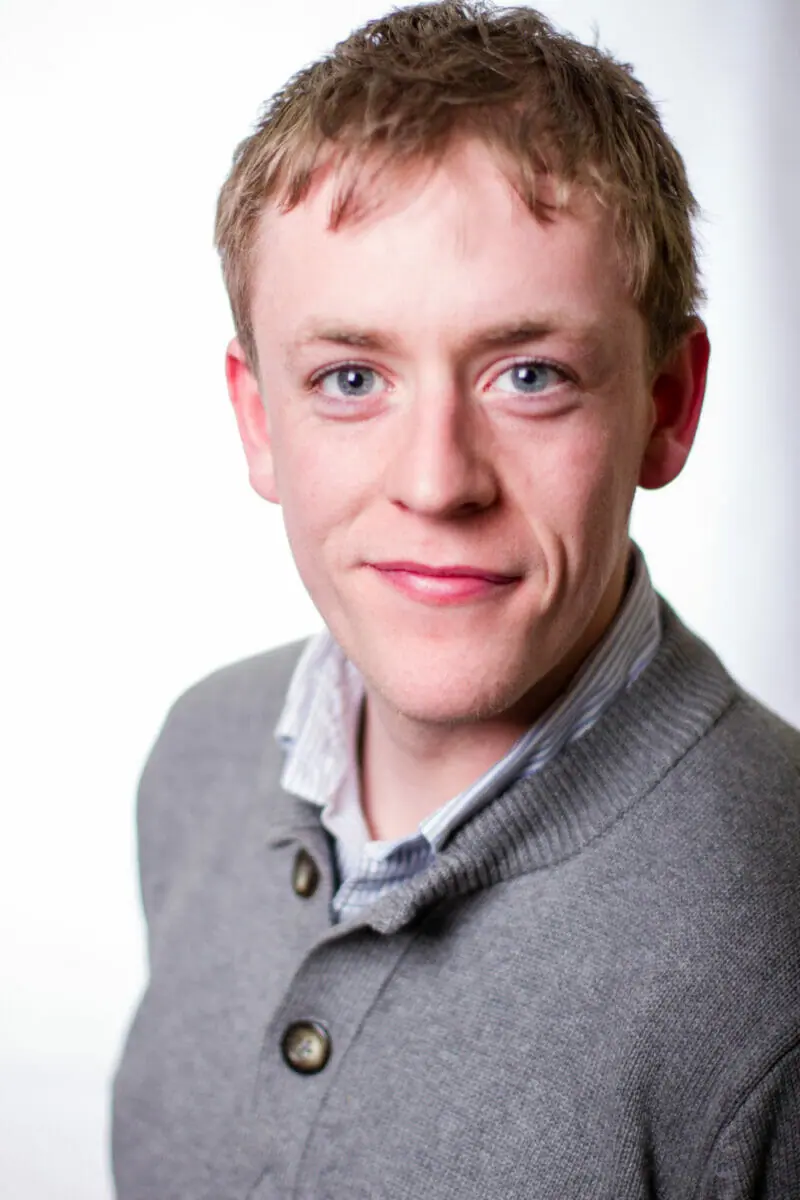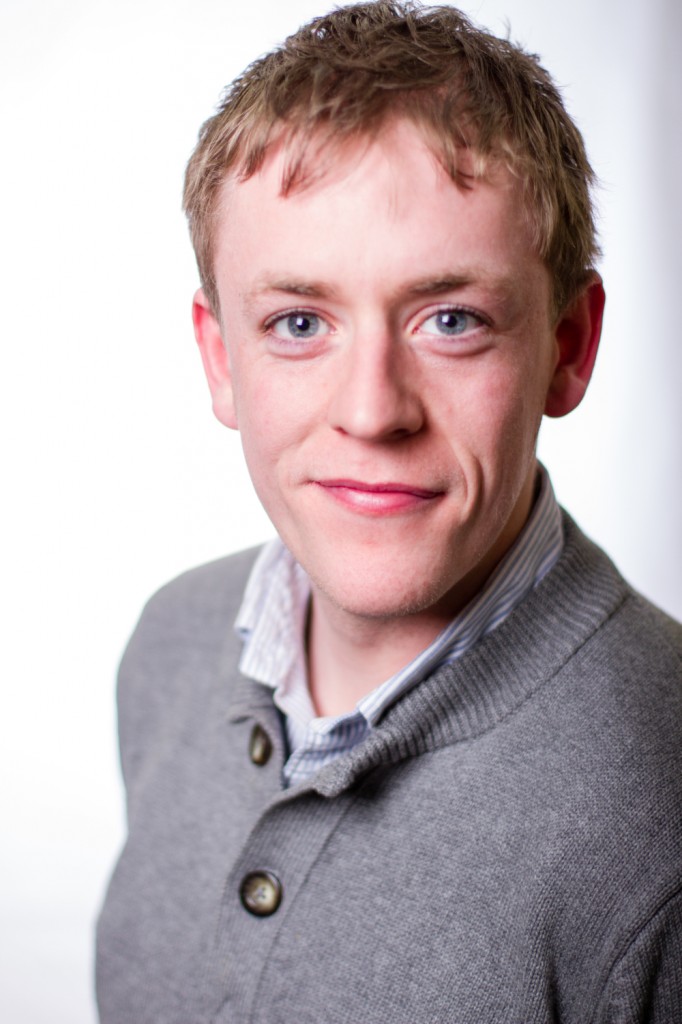Name: Ian Heystee
Age: 22
Hometown: Toronto
Program: Bachelor of Commerce Co-op, 4th year
Position: Vice President Internal
Relevant political experience: Chaired funding panel committees at the United Way
Dalhousie Gazette: Why are you running for vice-president internal?
Ian Heystee: I really didn’t get involved with the Dalhousie extracurricular scene until 3rd year. Once I got involved in stuff more, like JDC and Enactus Dalhousie, which is the entrepreneurial, environmental and financial literacy society, I really liked the impact I could potentially have on the school.
Also, the VPI is kind of the get-thing-done piece. You’re chief of communications, so you’re in constant communication with the students, and you’re the liaison in the facilitation that happens between the union’s executives in council and societies and the student union members at large. And I really appreciated the opportunity to interact with the students and really improve the base quality.
DG: What do you plan to do if elected?
IH: Well, there’s four main things that I really want to focus on. The first is chief communications, and the second is societies. Those are the two main responsibilities that are really blatant for the VP internal. And I think I’ve spoken a little bit about why I want to impact those two areas a lot.
But I didn’t really realize, until I started to do a bit more research into this position, the needs of the different campuses. How—neglected, for lack of a better term—students at Sexton feel, and how under-integrated into the rest of the campus students there feel. So because I don’t necessarily have a lot of experience working on Sexton campus, I want to find the key stakeholders within Sexton campus, and work with someone like the executive director of Sexton campus, like Beth May, who’s very active and vocal on campus. But really work with these people who have an active and invested interest in the campus already, and have this vision for more than one or two years, and work with them to kind of bring their vision forward, but also shape it so that it’s realistic and it’s manageable to integrate into the rest of the campus. Because that’s really what I heard that societies are kind of neglected there, building and maintenance are neglected there, and a lack of being a larger part of the environment of Dalhousie is neglected there.
And the fourth thing that I want to focus on is international students. The differential fees are a little large. Right now, I think it’s a $5000 difference in tuition between domestic students and international students. I personally, right now, don’t know what extra they get for that $5000, or why they’re paying that extra $5000 besides the fact that they’re getting government subsidies. But I’m almost positive that government subsidies don’t cover half our tuition within Canada.
DG: How would you improve/maintain the relationship between societies and the union?
IH: I know Enactus Dalhousie doesn’t seem to have a lot of rapport with the VP Internal or council to really facilitate our progress within the school. So I can only assume that if Enactus Dalhousie doesn’t have that, there are a number of different societies and groups on campus that don’t have that.
DG: Do you have any specific ideas you plan on implementing if your campaign is successful?
IH: One specific idea that I want to do with regards to societies—and I believe Ramz had tried to talk and implement this a little bit while he was VP Internal—is to change the structure of societies. Societies are broken into level one, level two and level three societies. And level three are very informal gatherings that don’t need much funding. Level two societies are a step up from that. Level two societies can include competitive clubs, like competitive lacrosse or competitive dance. But because they’re societies and because they’re clubs, technically, anyone’s allowed to join, even though they’re these ultra-competitive clubs that we are essentially winning. We win Dal lacrosse a lot of the time, we win some of these other clubs a lot of the time. And maybe changing it so that they can be as competitive as possible, and keep their funding down by not necessarily taking on every single student on who wants to play. Because if you don’t know how to dance, if you don’t know how to play lacrosse, and you this competitive club, you’re, one, not going to get a real opportunity to develop your skills at all because you’re dealing with people who are playing at an extremely high level. But, two, you’re kind of retracting from the competitive side of the club. Something in the level two or level three societies should be ratified so that people who want to play lacrosse very informally and very recreationally have that opportunity, so that we can do it those two ways.
And on Sexton Campus, the one change I want to see there is, if I’m elected, being physically on Sexton Campus more to interact with the students there. I feel that over the past year—at least last year, probably the two years before that—there hasn’t been a large presence of the VPI. And as the chair of the Sexton campus advisory committee, I need to have presidents down there. So that is probably one of the most noticeable things I’d do.
DG: VP internal is one position that’s been brought up in the executive restructuring conversation. How would you like to see the position improved?
IH: I think there are a lot of good things I want to continue about what Ramz did this year, like his very open-door policy. I want to play a more vital role in the advocacy societies for underrepresented groups that the VPI chairs, just being more vocal and more facilitating on that. I really see the role of the VPI on campus as one of a facilitator, a manager and an enabler. And it’s not necessarily my role to bring completely new ideas to the job, or to bring completely new vision to the job, I see that more as onus on the president or on society leaders. My job really focuses on helping to make those goals realistic, helping to shape those goals so that they’re manageable and implementable, and representing the vision, and communicating that vision, to the student unions.
This interview has been edited for clarity and brevity.
On Facebook: https://www.facebook.com/heystee4vpi



Recent Comments